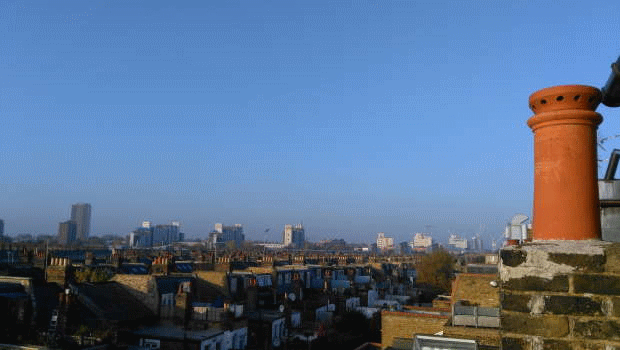House prices slump in December - RICS

House prices fell sharply in December, a closely-watched survey showed on Thursday, with weakness forecast to continue well into 2023.
According to the latest UK residential survey from the Royal Institution of Chartered Surveyors, the national house price net balance tumbled to -42 in December, from -26 in December. The balance measures the difference between the percentage of surveyors seeing rises and falls in house prices.
It was the lowest reading since autumn 2010, and well below the -30 analysts had been expecting.
Demand remained subdued, with a net balance for new buyer enquiries of -39, largely in line with November’s -38, while the number of new properties coming to market fell to -23, the weakest reading since September 2021.
The agreed sales balance was -41, against -36 in November.
Simon Rubinsohn, chief economist at RICS, said: "The latest survey highlights the emerging challenges in the housing market as new buyers grapple with more costly finance terms and uncertainty over the outlook for the economy.
"This is reflected in forward-looking RICS indicators around both prices and activity."
Near-term sales expectations fell to -54 from -46 a month previously, with a net balance of -66 expecting house prices to continue retreating over the next three months, compared to -58 in November. It is the lowest reading since April 2020, when the housing market was shuttered during the first lockdown.
Gabriella Dickens, senior UK economist at Pantheon Macroeconomics, said: "The housing market continued to cool in December, as buyers postponed purchase due to elevated mortgage rates and the perception that house prices will fall further.
"Demand has continued to fall more rapidly than supply and probably will continue doing so over the coming months. Households’ real disposable incomes will be hit by the watering down of the government’s energy bill support in April, and by the job cuts that likely will be pushed through by businesses."
Kallum Pickering, senior economist at Berenberg, said: "The UK’s consumer-orientated economy is sensitive to large gyrations in house prices, which impact the net wealth of households and often amplify swings in the business cycle. In contrast to the recent string of surprisingly positive data for the economy as a whole, the December RICS survey makes for grim reading.
"Assuming the survey remains a reliable early indicator of future housing market activity, and given the typical sensitivity of consumption to house price changes, a modest recession appears all but certain."